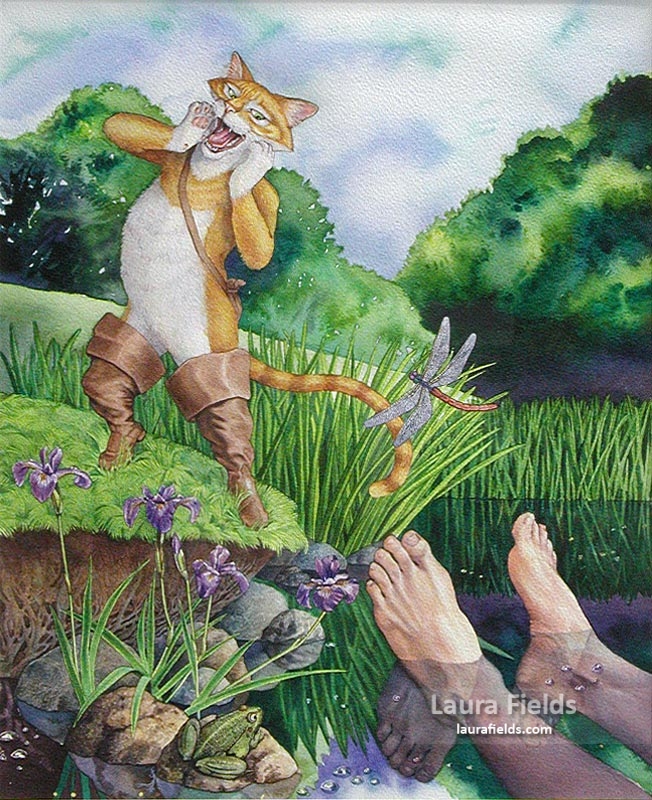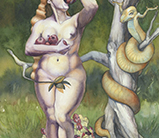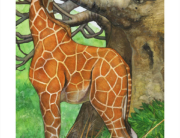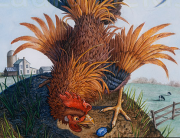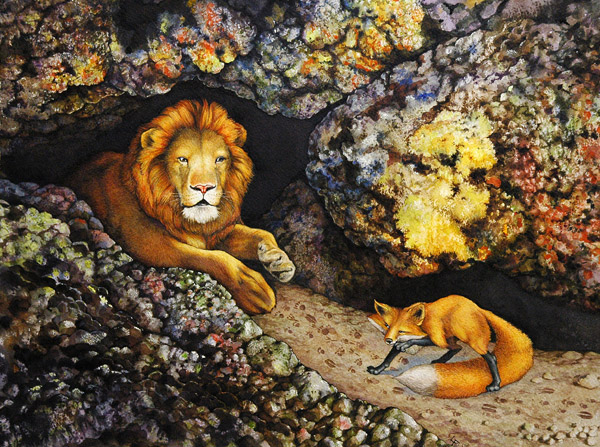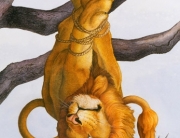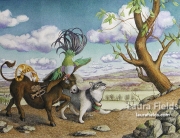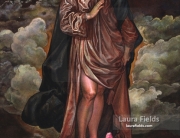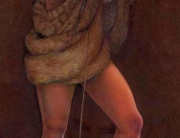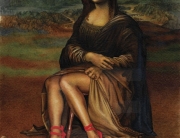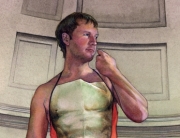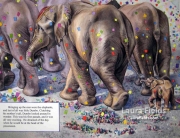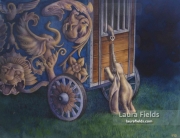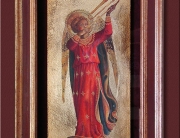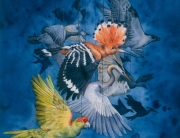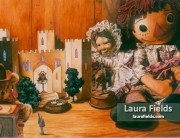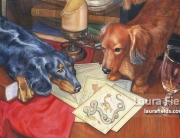Puss in Boots
“If you will follow my advice your fortune is made. You have nothing else to do but go and wash yourself in the river, in that part I shall show you, and leave the rest to me.”
The Marquis of Carabas did what the Cat advised him to, without knowing why or wherefore. While he was washing the King passed by, and the Cat began to cry out:
“Help! help! My Lord Marquis of Carabas is going to be drowned.”
At this noise the King put his head out of the coach- window, and, finding it was the Cat who had so often brought him such good game, he commanded his guards to run immediately to the assistance of his Lordship the Marquis of Carabas. While they were drawing the poor Marquis out of the river, the Cat came up to the coach and told the King that, while his master was washing, there came by some rogues, who went off with his clothes, though he had cried out: “Thieves! thieves!” several times, as loud as he could.
“Master Cat; or, The Booted Cat” (early French: Le Maître Chat, ou Le Chat Botté), commonly known as “Puss in Boots”, is a French literary fairy tale about a cat who uses trickery and deceit to gain power, wealth, and the hand of a princess in marriage for his penniless and low-born master. The tale was written at the close of the seventeenth century by Charles Perrault (1628–1703), a retired civil servant and member of the Académie française. The tale appeared in a handwritten and illustrated manuscript two years before its 1697 publication by Barbin in a collection of eight fairy tales by Perrault called Histoires ou contes du temps passé. The book was an instant success and remains popular.
This book has always seemed to me an introduction for children to the world of politics. After the death of his father (a miller), the third son is left nothing but a cat and sees no worth in him, but the cat promises fortune and happiness to the impoverished young man. He sits back and lets the money, clothes and princess fall into his lap. The feline Machiavelli creates a false narrative and manipulates his owner’s way into becoming a real prince by marrying the princess. The moral is almost to warn against falseness in easy manipulated people, but that interpretation is sketchy, at best! It seems to me to be more of an advertisement for cats and their clever manipulative ways…
This painting is entirely watercolor and created using both wet and dry techniques. The foreground is painted in very fine detail.
Watercolor on Windsor Newton cold press (signed and numbered prints available)

